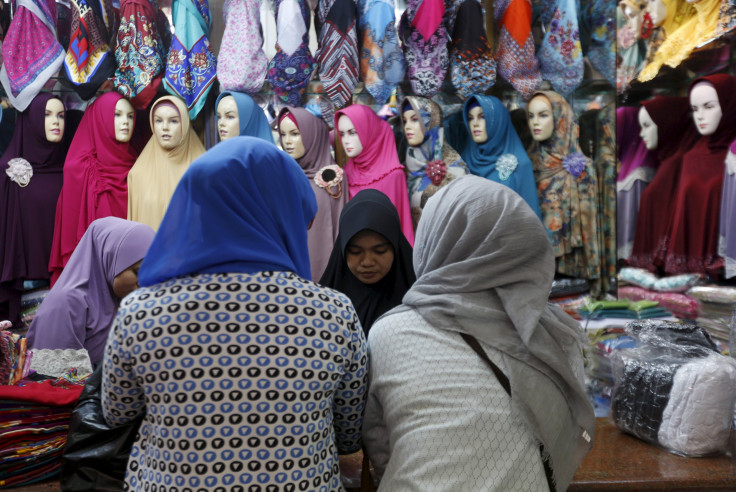Michigan Police Department Shifts Policy On Hijabs After Lawsuit

Officials in Dearborn Heights, Michigan, have issued new policies on religious head coverings of women under arrest in light of a lawsuit involving a Muslim woman who was forced to remove her hijab after being arrested.
Malak Kazan, a Michigan resident from Wayne County -- an area just outside Detroit with a large Muslim population -- filed her lawsuit against the police department in January over a 2014 incident in which she was forced to remove her hijab in front of male officers to take a booking photograph, a move that Kazan said violated tenets of her faith. Officers arrested her over a traffic violation after discovering she had a suspended license. Both parties settled the lawsuit this week, resulting in the policy shift.
Under the new standards, women with religious head coverings will be allowed to take them off in front of a female officer during searches, and can take booking photographs with or without the coverings. Women who end up in detention will be provided alternative head coverings, meant to prevent against the risk of suicide, according to the Dearborn Heights police chief.
“It’s paper. It will tear,” Dearborn Heights Police Chief Gavin Lee said in reference to the alternative head covering, according to local television news network WDIV. “It protects their rights, but if there is a suicide attempt or any issues like that, it will tear.”
Kazan’s lawsuit alleged that her rights were “stripped at the jailhouse door” when she was forced to remove her hijab in front of male officers. Her Islamic faith requires her to cover “her hair, ears, neck and parts of her chest when she is in public and when she is in the presence of men who are not members of her immediate family,” according to the lawsuit.
The policy change comes just days after another Muslim woman, Maha Aldhalimi, sued the city of Dearborn for being ordered to remove her head scarf during the booking process.
Kazan’s attorney, Amir Makled, said the new rules “could be the model policy” for other communities in the area, according to the Detroit News.
© Copyright IBTimes 2024. All rights reserved.






















